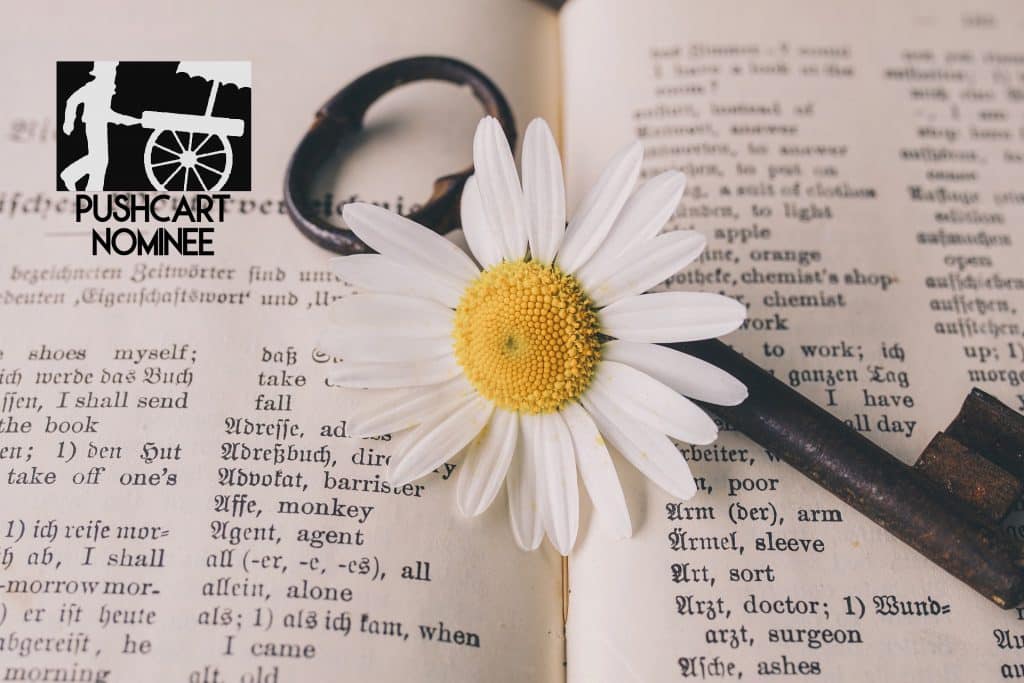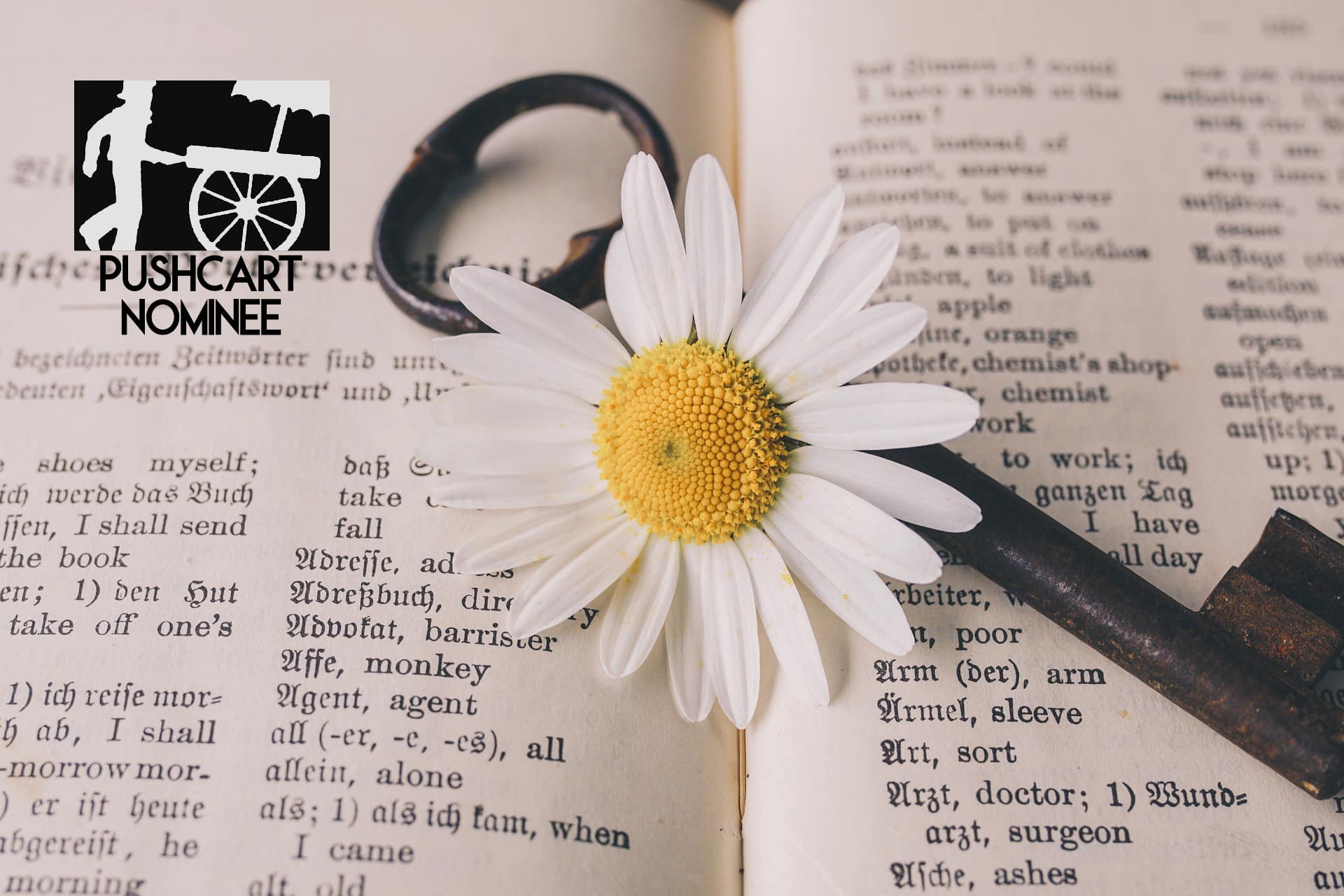Stray Words, Turbulent Art: Translation, or How to Love English
Poetry needs depths. In feelings and thoughts, in expressions and in use of words. And it was obvious that the deeper parts of my existence were not only void of English but also seemed to shun away from it. All in all, was it simply impossible for successful translation of my poem into English?

Recently, I decided to undertake translation one of my poems into English and therefore knowingly, and against my instincts, put myself in a strange position. My poem was born of a lived experience in a French and Arabic speaking environment. I wrote it in Finnish, my mother tongue. English had nothing do with either my poem or my experience. Furthermore, I had an ambiguous and even antipathetic attitude towards English language itself.
English is a globally dominant language. Yet, its omnipresent nature has not created much love towards it as a language. It is not cherished for its beauty or richness in meanings and to put it plainly, practicality and the media seem to be the driving forces behind its popularity. Alas, English that is mainly used all around the world, including the native English-speaking countries, is of poor quality. The same expressions are repeated endlessly in pop music, movies and television series. Social media has made the situation even worse.
I didn’t recognize myself in this language. Nor did I feel any joy speaking it, the way I did initially when learning it in school, seeing a whole new world opening up for me. English appeared to be a thin language, flat and empty behind its clatter and importance. It was full of echoes because of its hollowness. English seemed to lack depths.
In addition to this skeptical and disillusioned attitude towards the language itself, I wasn’t able to feel English in me. I had not lived in an English-speaking country. I hadn’t experienced the language the way I had experienced, for example, French. My relationship with the French language had always been very complex, a love–hate relationship. When living in France I went through a manifold of emotions and sense experiences. I felt the movement in my body in French. My life was in French. The language grew such strong roots in me that even after many years, I could still feel them, hidden and sleeping but alive, for better or worse. Unlike English.
Poetry needs depths. In feelings and thoughts, in expressions and in use of words. And it was obvious that the deeper parts of my existence were not only void of English but also seemed to shun away from it. All in all, was it simply impossible for successful translation of my poem into English?
After some reflection, I came to the conclusion that I needed a key that would open the English language to my existence. This key for a poet like me could only be poetry. It was clear as the daylight and the brightest evening star. I needed to read poetry written in English language.
After some reflection, I came to the conclusion that I needed a key that would open the English language to my existence. This key for a poet like me could only be poetry. It was clear as the daylight and the brightest evening star. I needed to read poetry written in English language. So, I boldly took Shakespeare’s Sonnets in my hand and randomly started to read sonnets. “Mine eye and heart are at mortal war” (Sonnet 46), “Shall I compare thee to a summer’s day” (Sonnet 18) etc. I soon realized that I felt somewhat disconnected from the language of Shakespeare, which was understandable since so many decades lie between us. Parts of the sonnets were even incomprehensible. However, despite their linguistic strangeness, I came across crumbs that led me to a remembrance. Something in the sonnets’ verses and themes made me recall P. B. Shelley’s Love’s Philosophy, one of my favorite poems. I had after all found the key.
I returned to Love’s Philosophy. Studied it several times aloud, puzzled by the intonation. (English intonation is very difficult for Finnish speakers.) I concentrated on the pronunciation of the vowels and on the sensation they created in my mouth. I searched for the right accent and rhythm. I let the language come in my body through breathing and muscle use. Little by little, I started to feel the language and furthermore, I discovered the full and compelling meanings that resided the words.
“The fountains mingle with the river / And the rivers with the ocean, / The winds of heaven mix forever / With a sweet emotion;” — “And the sunlight clasps the earth / And the moonbeams kiss the sea: / What is all this sweet work worth / If thou kiss not me?”
P. B. Shelly
These words awoke love in me. Love for the language and the love in me. One can’t write poetry without love. It is the strongest and the most vital root in poetry. As it is or should be in everything. Now, I was finally able to start my translation.
Photo of dictionary with key and flower by user 165106 for Pixabay







